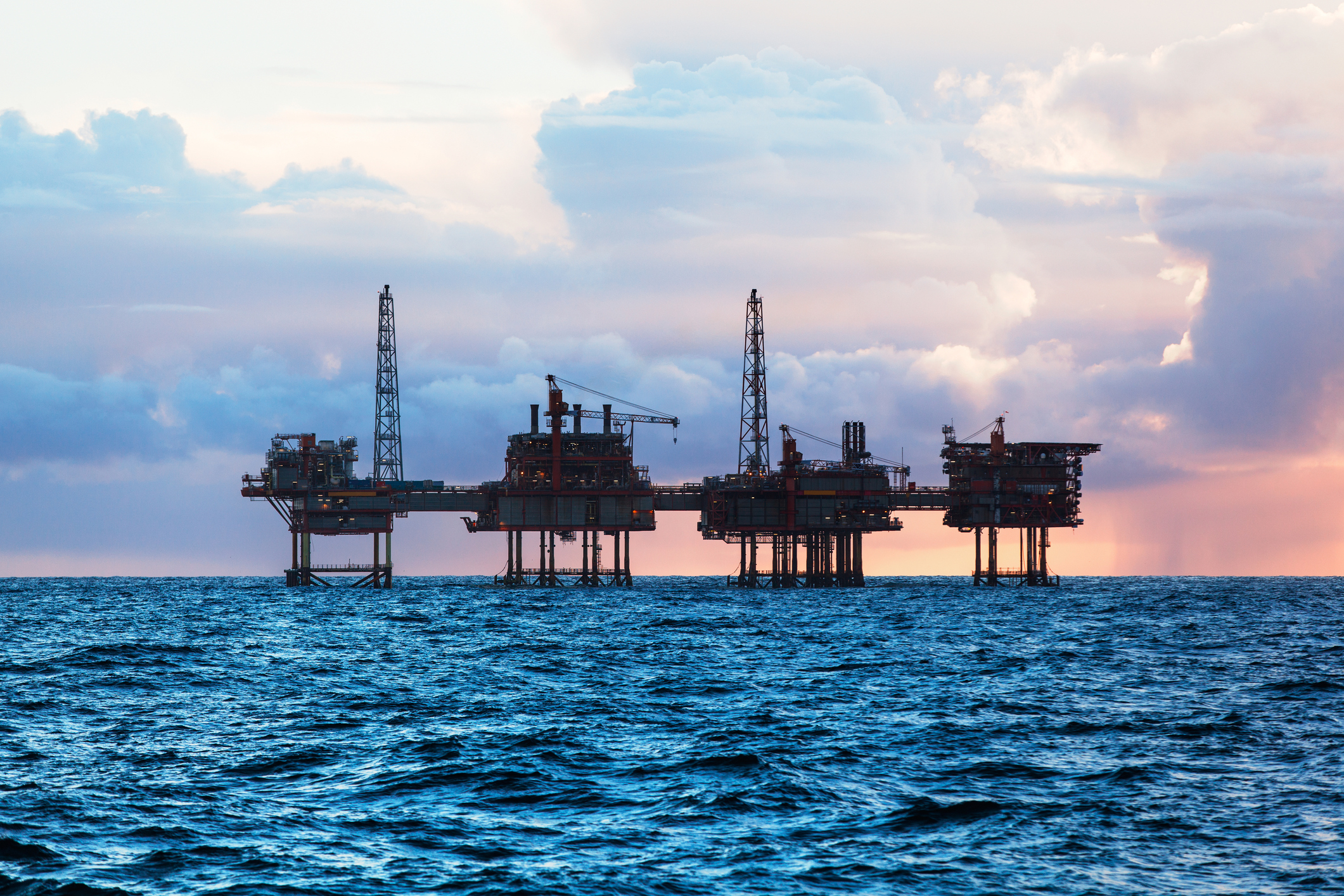
Unemployment among offshore workers remains high, despite signs that the worst oil and gas recession in 30 years is beginning to ebb.
Low Oil Prices Weigh on Offshore Production
More than 200,000 oil and gas drilling jobs have been lost since 2014, when energy prices began their decline.
Oil reached a high of $107 per barrel in June 2014 but fell as low as $26 per barrel in early 2016. Though prices have crept upward since then, the modest recovery has only produced about 30,000 new jobs. Most of these employment opportunities are located onshore, as shale drilling in Texas, New Mexico and the Dakotas has far outpaced offshore activities in the Gulf of Mexico.
According to a recent report from the Houma Courier, shale drillers can break even with oil prices at $40 a barrel or lower. However, the break-even price for deep-water offshore drillers in the Gulf stands at around $60 per barrel. The U.S. Energy Information Administration has predicted that Brent crude, which serves as the international benchmark price for oil, will average $53 per barrel this year and $56 in in 2018.
Offshore Drillers Eye Automation for Rig Maintenance and Other Jobs
Even if offshore production does recover, there’s no guarantee that employment in the industry will ever reach pre-2014 levels. That’s because a growing number of offshore employers are exploring the potential for automation.
“A lot of companies are looking at what the alternative might be to just plain rehiring,” Rachel Everaard, head of the oil and gas human resources team for the consulting firm EY, recently told the Houston Chronicle. “Certainly you’re not going to replace all drillers with remote operations next year, but you’ll start to see them hire fewer and fewer, as they start to do things differently.”
Areas ripe for automation include rig maintenance, which can be performed by robots operated by workers onshore.
Do Low Oil Prices Endanger Offshore Worker Safety?
Low oil prices can impact more than an offshore worker’s employment prospects. When energy companies face price pressures, they look to cut costs. All too often, offshore drillers will delay or cancel important rig maintenance and upgrades, force fewer employees to work longer hours, and implement other measures that compromise worker safety.
Consider the April 2010 Deepwater Horizon explosion in the Gulf of Mexico that killed 10 offshore workers and injured 17 others. A 16-month investigation by the Bureau of Ocean Energy Management, Regulation and Enforcement determined that BP’s efforts to control costs on the doomed rig were among several factors that contributed to the catastrophe. The report noted that while BP employees aboard the Deepwater Horizon rig were awarded for implementing cost-saving measures, they were not incentivized in the same way for increasing safety. According to The Washington Post, the Bureau cited five BP decisions to cut costs and reduce drilling time that also increased risks aboard the offshore platform.
“BP’s cost or time saving decisions without considering contingencies and mitigation were contributing causes of the Macondo blowout,” investigators concluded.
Undefeated Maritime Lawyers with Over $850 Million Won for Offshore Workers: 1-888-302-3838
Within 18 months of the Deepwater Horizon disaster, our Undefeated Offshore Accident Lawyers had negotiated confidential settlements on behalf of five injured workers, despite attempts by BP and Transocean to deny our clients fair compensation.
And in the past five years alone, our Maritime Injury Attorneys have recovered more than $850 million in verdicts and settlements for victims of rig explosions and other industrial accidents.
If you or a loved one were injured in a maritime accident, contact our Undefeated Offshore Injury Lawyers for a Free Consultation at 1-888-302-3838 or by Clicking Here

